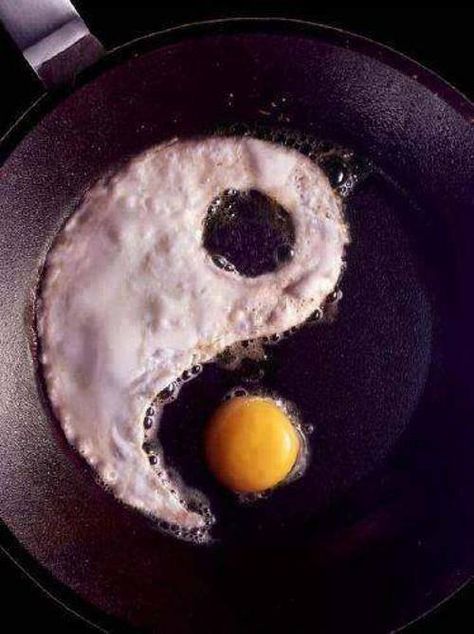When a microbe was found munching on a plastic bottle in a rubbish dump, it promised a recycling revolution. Now scientists are attempting to turbocharge those powers in a bid to solve our waste crisis. But will it work?

Who knows what its consequences are? How about a simpler approach, like reducing plastic use maybe instead of some pie in the sky project?

We do probably want both. Even if we end plastic production completely tomorrow, we need to work out a way to clean up all the plastic we’ve already dumped all over the world

This is why research is being done. The “pie in the sky project” you’re objecting to is intended to answer the very question you’re asking.

What kind of question even is that? Reducing plastic enough and getting rid of the amount that’s already in the environment without new technological solutions is nothing but fantasy at this moment.

Making a nuclear bomb is much easier than keeping people from using it once it’s made.
Natural science is difficult, but getting people to do the right thing is almost impossible.

Let’s be real: humanity will never do anything that even slightly inconveniences us. We need to solve our problems with “power”: microplastic-eating bacteria, blocking the sun, creating fresh water from salt water, terraforming another planet, anything but convincing the crowds to stop their shit.

The most ideal situation is if we archieve 100% recycling.
In reality no thing can disappear, both matter and energy just change form. We only need to look at nature for proof that 100% reusing matter and energy is feasible. Even our “waste” wasn’t wasted.
These microbes are yet another key in the puzzle to obtain the next breakthrough. Once we master industrial chains with full conservation of matter and energy the cost of creating things will become negligible.

I agree. However, the most important reason to reduce plastics is because of the health effects of microplastics. Waste is probably the second priority in my mind.

As if the micro plastics crisis hasn’t already made the “pie in the sky” solution a necessity at this point

Will they attempt to eat us as well since we now have plastics within our body?

We can only hope
I, for one, welcome our new bacteria overlords.

-starts cooking with Teflon and metal spatula exclusively-
New idea for the next horror movie.

Let’s hope a strain mutates unexpectedly and turns into such an agressive plastic decomposer, it sends us back into the age of reusable containers for every thing.

Isn’t this the exact premise of Stray?

I hope my orange cat doesn’t have to go on that adventure.
This is the best summary I could come up with:
When any living organism wishes to break down a larger compound – whether a string of DNA, or a complex sugar, or plastic – they turn to enzymes, tiny molecular machines within a cell, specialised for that task.
Enzymes work by helping chemical reactions happen at a microscopic scale, sometimes forcing reactive atoms closer together to bind them, or twisting complex molecules at specific points to make them weaker and more likely to break apart.
For most of the roughly 200 years we have been seriously studying them, microbes were in a sort of scientific jail: mainly assumed to be pathogens in need of eradication, or simple workhorses for a few basic industrial processes, such as fermenting wine or cheese.
About 25 years ago, the consensus among scientists was that there were probably fewer than ten million species of microbes on the planet; in the past decade, some new studies have put the number as high as a trillion, the vast majority still unknown.
A recent critical review in the journal Nature noted that many kinds of plastics would probably never be efficiently enzymatically digested, because of the comparatively huge amount of energy required to break their chemical bonds.
“There is not exactly a market incentive to clean up our waste, whether it’s CO2, or plastic,” says Victor di Lorenzo, a scientist at the Spanish National Biotechnology Centre in Madrid, and an evangelist for the large-scale application of microbes to solve humanity’s problems.
The original article contains 4,850 words, the summary contains 243 words. Saved 95%. I’m a bot and I’m open source!

If we can somewhat control it, good. Else, the last thing I want is the bacteria going at my PVC pipes and one day the ceiling under the toilet just burst out with a surprise.

Well that would be one way to encourage us to stop making things from plastic…

Not sure is plastic that is used for 100 years in pipes really a problem, problem is with single use recyclable plastic that is dumped to oceans.

Haha yeah, that was mostly a tongue in cheek comment from me.

I really don’t think you have anything to worry about. The plastic these little guys eat needs to be partially degraded and broken up into smaller pieces for them to make any meaningful digestive progress. It’s exceedingly unlikely the bacteria themselves are going to get efficient enough that your non-waste plastic stuff is in any danger. More likely, the enzymes themselves will be used as part of a larger controlled industrial process (enzyme recapture is important to staying cost effective after all). Even if that wasn’t the case, these bacteria are suited for life in a landfill, not in your pipes.

@Bebo hopefully a future solution. But there are so many “hopefully future solutions” to so many big problems, and in the meantime we’re not doing what we need to be doing right now. If we can’t scale this up massively and unleash it on the oceans, is it helping much? Or is it just giving technology optimists a clean conscience?

